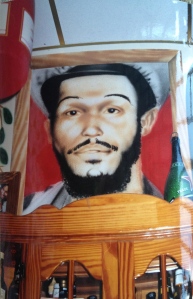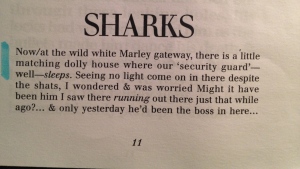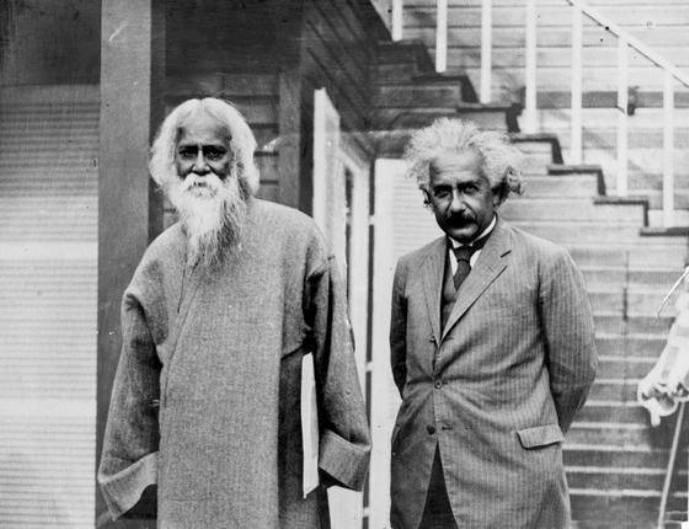

Gleaner column 7/2/18
Late last year I had occasion to read Tony Harriott’s Police and Crime Control in Jamaica: Problems of Reforming Ex-Colonial Constabularies, a fascinating study of police culture and the Jamaica Constabulary Force, of extreme relevance right now. Published in the year 2000 and written a couple of years before that I wondered if I could safely quote it in a document on crime I was then writing . Surely by now some of the excellent suggestions made in the book must have been implemented?
Accordingly I emailed Tony to find out and had to laugh at his wry reply. “Regarding the books, it is very frustrating for me to revisit them and to learn that they are still relevant. I wrote the police reform book in the hope that it would assist the reform process at the time and thus be outdated very quickly. Actually I wrote it in 1996-98.”
Well, twenty years later it seems the political will has finally been found to force the Force to reform. After a series of revolving door Police Commissioners, with no one in sight to fill the current vacancy and crime spiraling out of control, the political directorate seems to be ready to take on the task of cleaning the Aegean stables.
According to Harriott the JCF is more than 150 years old, a colonial institution the primary function of which was to maintain order and control using paramilitary tactics. Despite its stated motto, “To serve and protect” it does not function as an organization geared toward servicing or serving the public. The force is highly centralized, overwhelmingly male-dominated, profoundly authoritarian and values seniority over performance and experience over education and training. Dismissal from the force is rare and requires commitment of the most egregious criminal breaches. Avoidance of work is a chronic feature of the police force with the discouragement of reports or complaints from victims who are often treated as nuisances. People coming to report on domestic disputes were often chased away as were women complaining of rape especially if they were considered ‘disreputable’.
The rank structure of the JCF is pyramidal with 11 levels of rank. Even by ex-colonial standards the JCF is extreme, says Harriott, with more ranks and levels than India. The JCF practices differential policing against the poor, especially the urban poor who are stereotyped as being irrational and incapable of deferring self-gratification or of acting in their own self-interest —in short their view is at one with the way European colonizers viewed ‘natives’.
With the departure of Police Commissioner Quallo Jamaica may be entering territory familiar to citizens of Trinidad and Tobago, another crime-ridden Caribbean island. That country’s acting commissioner, Stephen Williams, has had his term extended 12 times since his appointment in 2012. Even if appointed Commissioner, were Williams to take the 27 months’ leave he has accumulated, by the time he came back it would be time for him to retire.
The situation regarding the police in both Jamaica and Trinidad and Tobago suggests a deep malaise that we haven’t even begun to address yet.
“Why, then, have we not taken steps we know would have some effect? The answers are complicated, but chief among them is that for every proposal that might be made to reduce crime, there is a powerful, organized interest that opposes it. These obstructive groups often include the most influential force of all, the middle-class interests that so frequently complain about the threat of crime.”
Further:
“Every effort at improvement in the criminal justice system will seem either helpful or threatening, depending on the perspective of some political-interest group. Thus an increase in the number of policemen means more protection to some, more bullying to others. If, for example, the staffs of prosecuting attorneys are increased so that they can diligently prosecute armed robbers, murderers, and dope peddlers, they will also be available to ferret out consumer fraud, anti-trust violations, and political corruption.”
And of course the latter would be a threat to the middle and upper classes here who then have little incentive to improve the justice system or the Police force. The problems we’re facing in the Caribbean in regard to crime control are not new or unique to us. The two quotes above are taken from an article titled “The Politics of Crime: Why governments don’t do what they could to reduce violent crime” by Richard Neely. It was published in The Atlantic in August 1982 and pertains to the situation at the time in New York City.
It’s high time we adopt solutions from countries that have overcome similar problems as ours as well as the recommendations of our own criminologists.























































